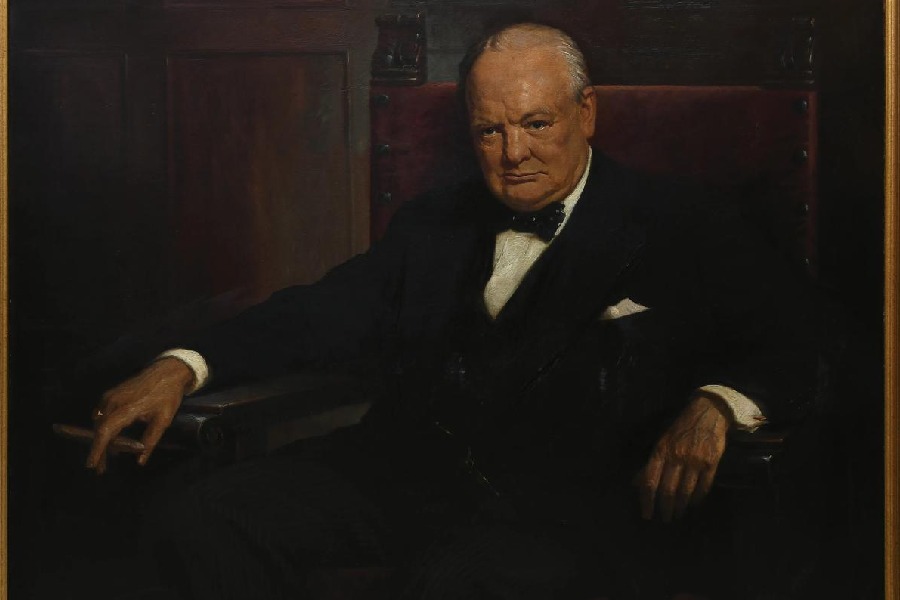Book: FIGHTING RETREAT: CHURCHILL AND INDIA
Author: Walter Reid
Published by: Viking
Price: Rs 699
In his appraisal of Winston Churchill’s treatment of India, Walter Reid grapples with putting history’s honour before that of Britain’s historic colossus. The essential paradox that Reid tries to unravel is the reason why someone who had such magnanimity in other aspects of his life and in his treatment of so many underdogs and even enemies nonetheless reserved his worst self for Indians.
The book travels through a number of separate engagements between Churchill and India: his early visit and military service as a cavalry officer, his dealings with India and other colonies while serving in Britain’s War Office and Colonial Office, his resistance to increased self-government for India, and his insistence on policy stasis on the subject during the Second World War. In the course of these engagements, Churchill emerges as an impatient, uninformed and unreasoned figure, holding extreme views about India’s claim to independence. He used racist language to refer to Indians and was dismissive about the quality and the achievements of Indian troops. In detailing Churchill’s “mischievous and malevolent campaign” against devolution of power to India between 1929 and 1935, his glee in setting up Hindus, Muslims and the Indian princes against each other, his bad faith in making promises to India during the World War, and his determination not to acknowledge the legitimate aspirations of Indian nationalism, Reid does a splendid job in revealing the depth and the insidious nature of Churchill’s personal impact on the Indian subcontinent.
Reid finds serious blemishes in Churchill’s character against the standards of Churchill’s own times. To provide this assessment, he recounts the stances and the actions of a range of other familiar cast members from the drama — Simon, Irwin, Attlee, Cripps, Linlithgow, Wavell, Amery, Mountbatten, Roosevelt, Gandhi and Nehru. The paradox of Churchill’s animosity towards Indian freedom is also carefully analysed. India was “different” in Churchill’s eyes because of a range of factors apart from his prejudiced views: the strategic utility and symbolic significance of the subcontinent, outdated romanticism regarding the superiority of the British Empire and anxiety regarding its decline, his politician father’s attitude towards India, Churchill’s own electoral interests in the context of trade and industry, and the background influence of Social Darwinism.
Reid is careful to clarify that these are not justifications. For example, in discussing Churchill’s racist language, the book connects individual, oft-quoted instances with his broader tendency to make exaggerated statements aimed at provoking and challenging his opponents. On Churchill’s supposed hand in the Bengal Famine of 1943, Reid sets up a defence based on the exigencies of war, the practical significance of the choices of other players, and the relative insignificance of Churchill’s own role.
Reid’s writing of this history is not just enlightening but also marked by an accessible style and an endearingly dry wit. While generally chronological, the portrayal moves back and forth across the decades to connect the dots. The significance of this book lies in the possibilities it opens up for both Britain and India in looking back at this critical period in their shared journey.










